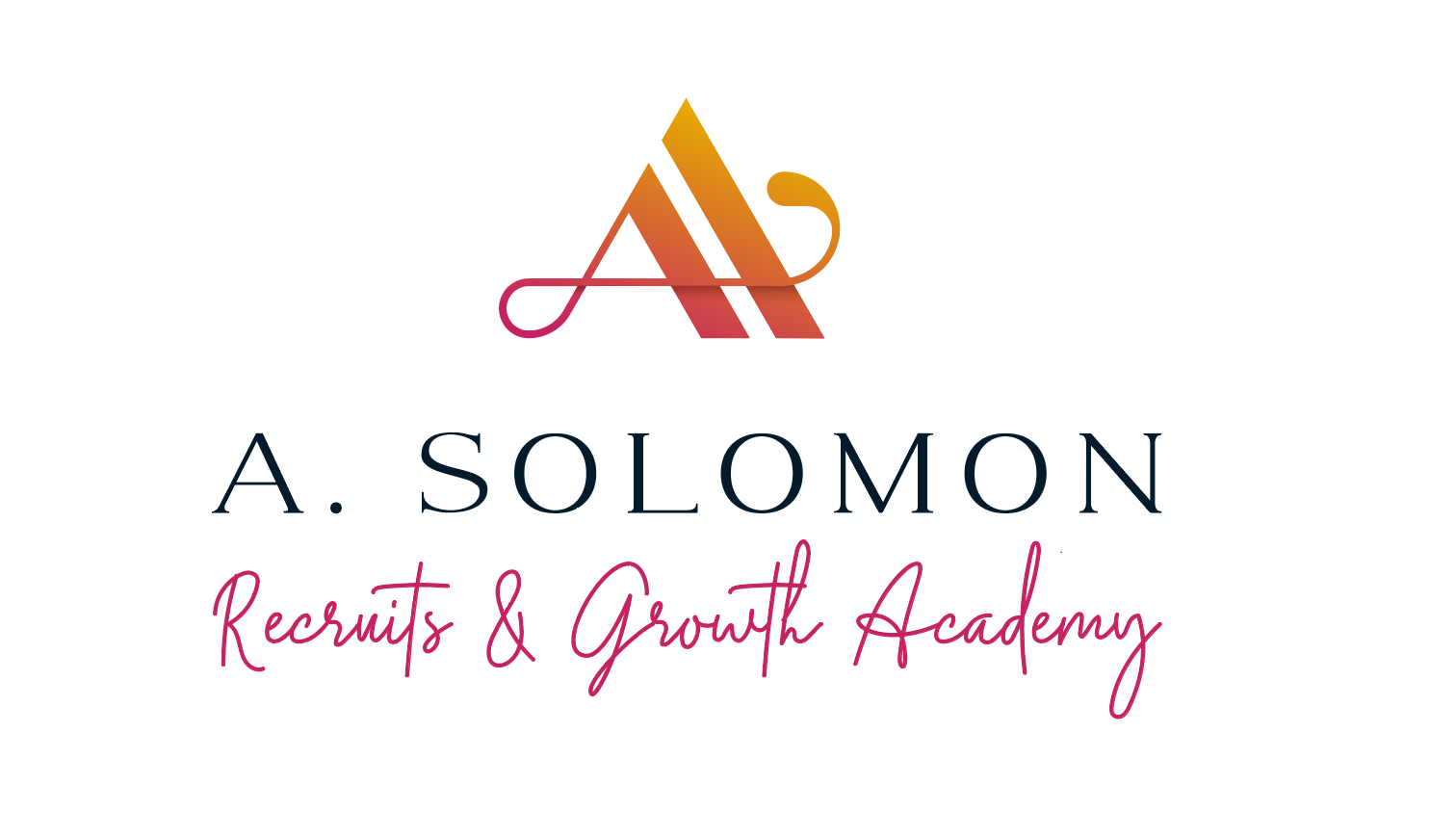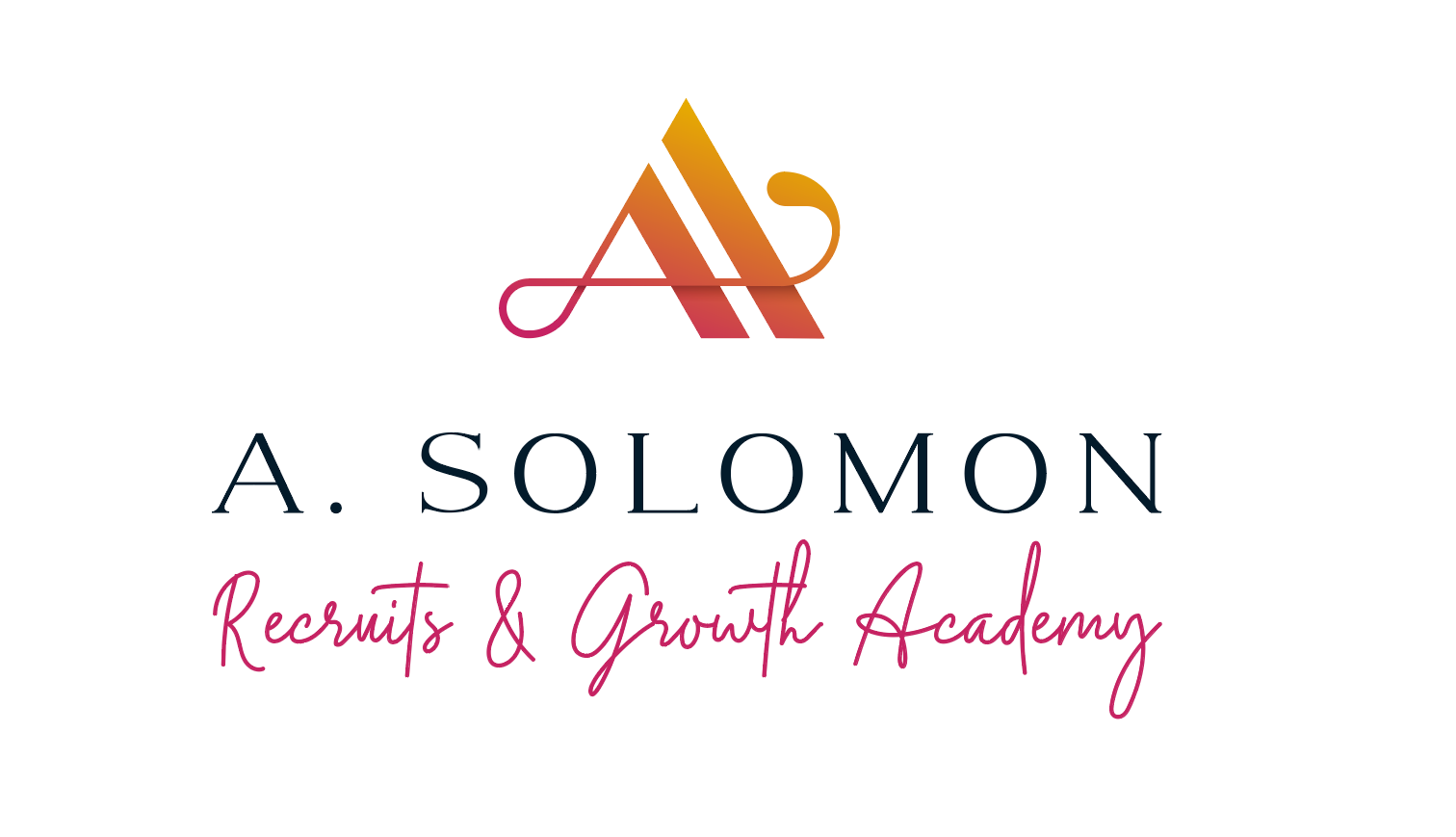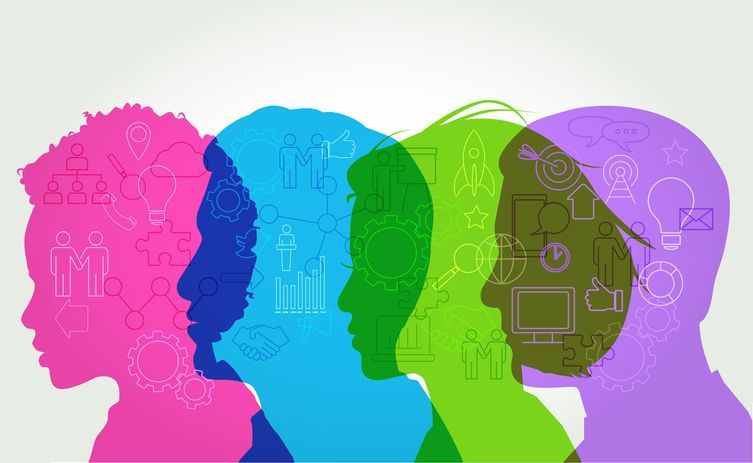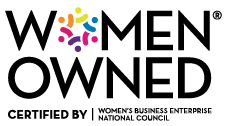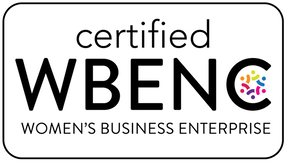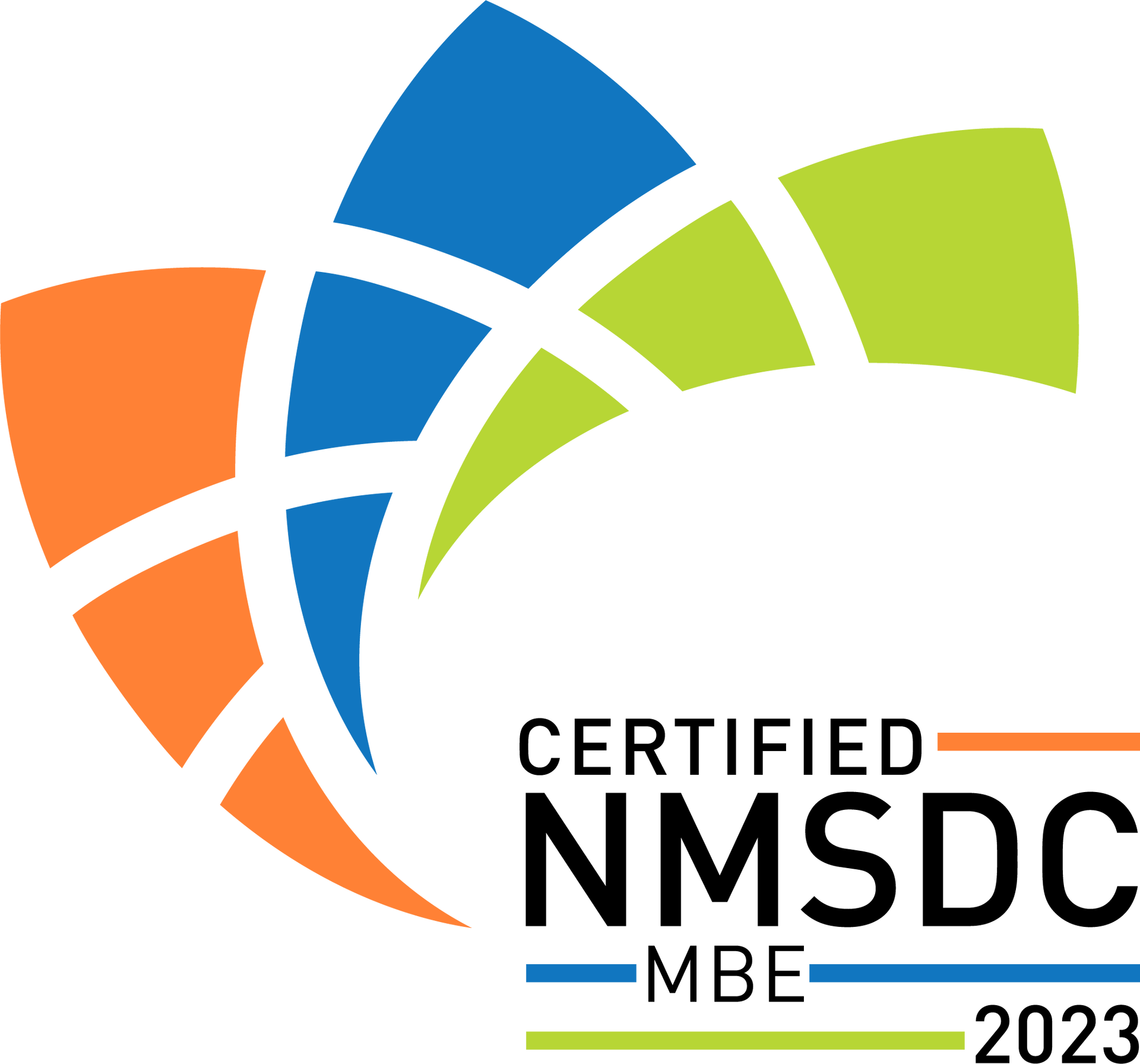What Biden’s Cabinet Picks Mean for Corporate America
If there’s anything this last year has taught us, it’s that we have a long way to go before we can claim that our corporate and governmental leaders represent our people. Those of us who weren’t aware of this fact have been made aware—by months of protests, riots and a new wave of people speaking out against a lack of diversity and inclusion in every power-holding place in America. And those of us who have been existing in a world in which we have been the only woman/person of color/queer person at the table for our entire lives are now finally being heard.
For the last several weeks, Joe Biden has been choosing and announcing his cabinet members. And America is gratified to see that, while it may not be perfect, he is assembling a cabinet that—finally—looks a little bit more like America. White Christian men above 40 have so dominated the governmental and corporate sphere for so long that at this point, it has become normal. A fracture has developed between representative and constituent such that, unless we too are the exact demographic being represented, we have learned to assume that our representation will not look like us, will not understand our lives and will not be able to properly advocate for us. This has become so normalized that it doesn’t even feel weird. What this normalization means however is that we have internalized a feeling of other-ness in relating to the world and have accepted that we are different, not understood and not protected. There is tremendous strength that comes with going through life as one’s only advocate and holding our ground when no one else is holding it for us. But it comes with tremendously high prices:
1. It means that the energy we expend on a daily, if not hourly basis to function in an environment that isn’t built for us, if not downright hostile to us, is energy we could be spending on our work and our lives. We therefore have to work much harder in order to stay even with our cis white male colleagues.
2. It means that our workplaces and governments are not equipped to create spaces and policies that serve us as much as they serve the people who look like them, perpetuating a system which only works for some Americans and leaves many of us out of the loop entirely.
3. It means that children who grow up seeing a country in which positions of power are held by individuals who do not look like them grow up to understand that they are different and that a future in leadership is not their destiny.
All of this taken into account, it’s extraordinary that we have the female/queer/POC leaders that we do have.
For many of us who have managed to succeed in environments that haven’t outright welcomed us, it’s important to note that there is a difference between familiar and comfortable. Often, we find ourselves faced with challenges that are familiar and we accept them as is because we are so accustomed to the over-functioning and discomfort that comes with them. The last year however has reminded us that familiar is not enough. We need to also be comfortable and taken care of. What does this look like? This looks like more and more environments that encourage our ability to thrive. And these environments are created by leaders who walk in our same shoes.
Biden’s cabinet picks mark a divergence from the unhealthy norm and an effort to create a new and better normal that involves diversity and intersectional representation. Yet while Biden builds back a better and more inclusive America, corporate America still lags behind. The amount of positions, not to mention senior-level leadership positions, held by those falling outside of the white male model, is much too low across all of corporate America, especially in certain fields like finance, tech and Wall Street. Biden’s cabinet picks are a step forward but we can’t stop there. They must serve as an example of the changes we need to make in representative leadership as a whole. While trickle-down economics doesn’t have the best legacy, we can only hope—and fight for—the trickle-down effect of Biden’s leadership choices. Corporate America is next.
We are better together!
I AM someone who sees incredible potential in places most people don't think to look. As a black woman, small business owner of a diversity staffing boutique, my team and I walk alongside our Clients in creating professional environments that are truly for ALL. I believe in our interconnectedness as a human race and strive every day to use my gifts to empower the workplace’s invisible and powerless. I rarely bet on certainty and always root for the underdog because, after all, those are the best stories to tell.

